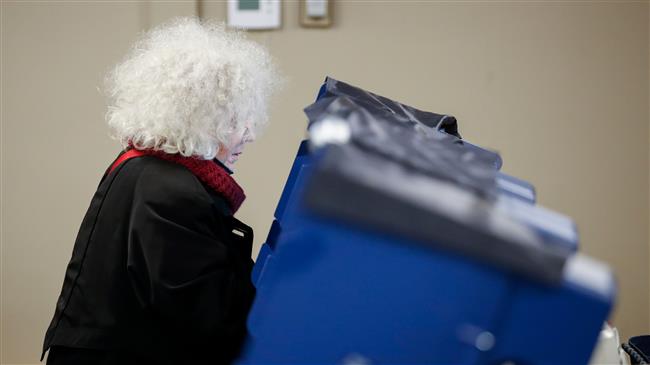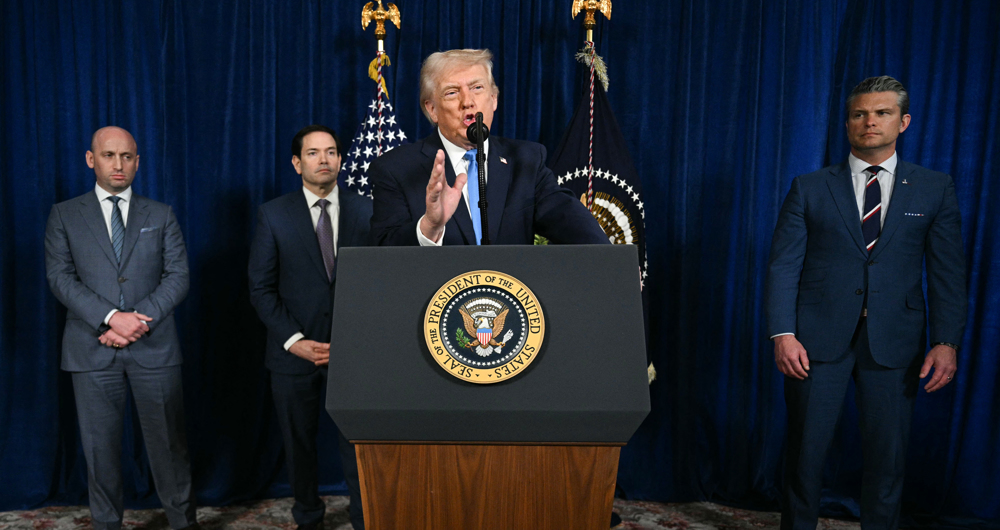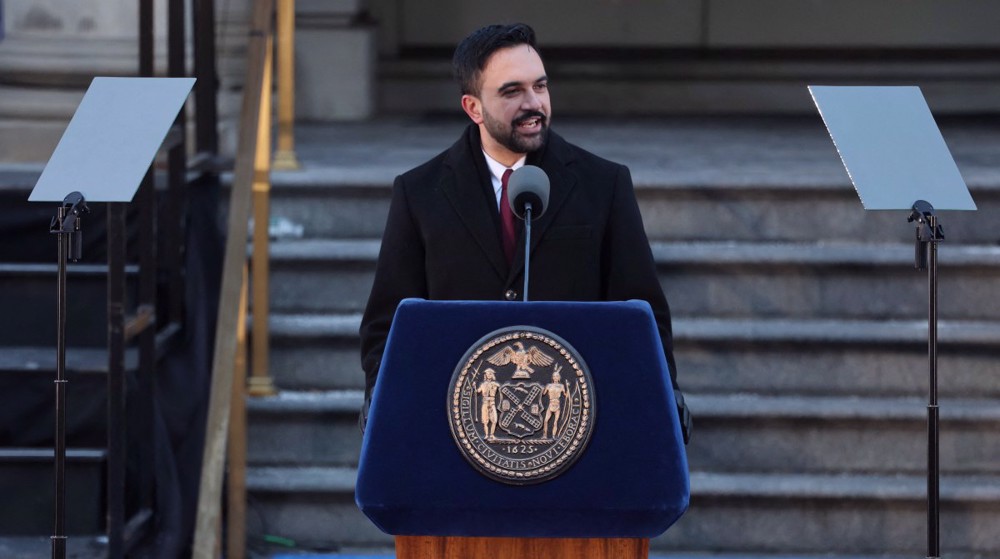US voters more likely to cast ballots in this year’s congressional elections: Poll
US voters are expressing significantly more interest in turning out to vote in one of the most polarized midterm congressional elections in decades, with Democrats enjoying more support than President Donald Trump’s fellow Republicans, according to a new survey.
Some 77 percent of registered voters say they are certain to vote next month or have already voted, up from a 65 percent majority in Post-ABC polls in October 2014, , according to the Washington Post-ABC News poll.
Enthusiasm is up across almost all demographic groups, but the increases are greater among younger adults, non-whites and those who say they favor Democratic Party lawmakers for Congress, the survey found.
Compared to Republicans, Democrats maintain a double-digit advantage in overall support for Congress, the poll finds.
Four years ago, midterm voter turnout fell to its lowest level in more than half a century. Republicans were able to capitalize by expanding their majority in the House of Representatives and taking control of the Senate.
US midterm elections take place at the halfway point during each presidential term and usually experience weak turnout due to a lack of enthusiasm. But President Trump’s election in 2016, has made Americans more engaged than ever with the polarized political climate.
Democrats hope to change Republican momentum in Washington following a bitter defeat when US Supreme Court Justice Brett Kavanaugh was confirmed by the Senate by the narrowest majority in US history.
The confirmation added to the current Republican advantage over all three branches of government, controlling the White House, both houses of Congress and now a 5-4 majority on the country’s highest court.
The new poll offers no definitive answer to the question of how the partisan battle over Kavanaugh has affected intensity among voters from both parties.
According to the latest forecast by FiveThirtyEight, Republicans have an 81 percent chance to keep control of the Senate. The forecast also predicts Democrats have a 77.5% chance to take control of the House of Representatives
The economy and healthcare rank as the most important issues for the midterm voters, followed by changing the way things work in Washington and the equal treatment of women and men, followed by taxes, immigration and the appointment of judges to the Supreme Court.
Republicans are also heavily campaigning on the positive trends in the US economy, with the unemployment rate falling to 3.7 percent last month, its lowest in nearly 50 years. However, many economists still fear that much of the economic boom seen from tax cuts and deregulation have not affected middle-income families as much as corporate America.
Kidnapped Maduro to appear in New York court with protests expected outside
Iran’s Judiciary chief warns rioters will face firm action without leniency
Monitor group: Israeli forces, settlers carried out nearly 24,000 attacks in 2025
VIDEO | American lawlessness: This time in Venezuela
Explainer: Why the United States incarcerates more people than any other country
VIDEO | Iranian security forces arrest Mossad agent operating among rioters
VIDEO | Tehran skyline lights up for Imam Ali’s birth anniversary
Maduro’s kidnapping: China says US cannot act as world’s ‘police’ or ‘judge’










 This makes it easy to access the Press TV website
This makes it easy to access the Press TV website